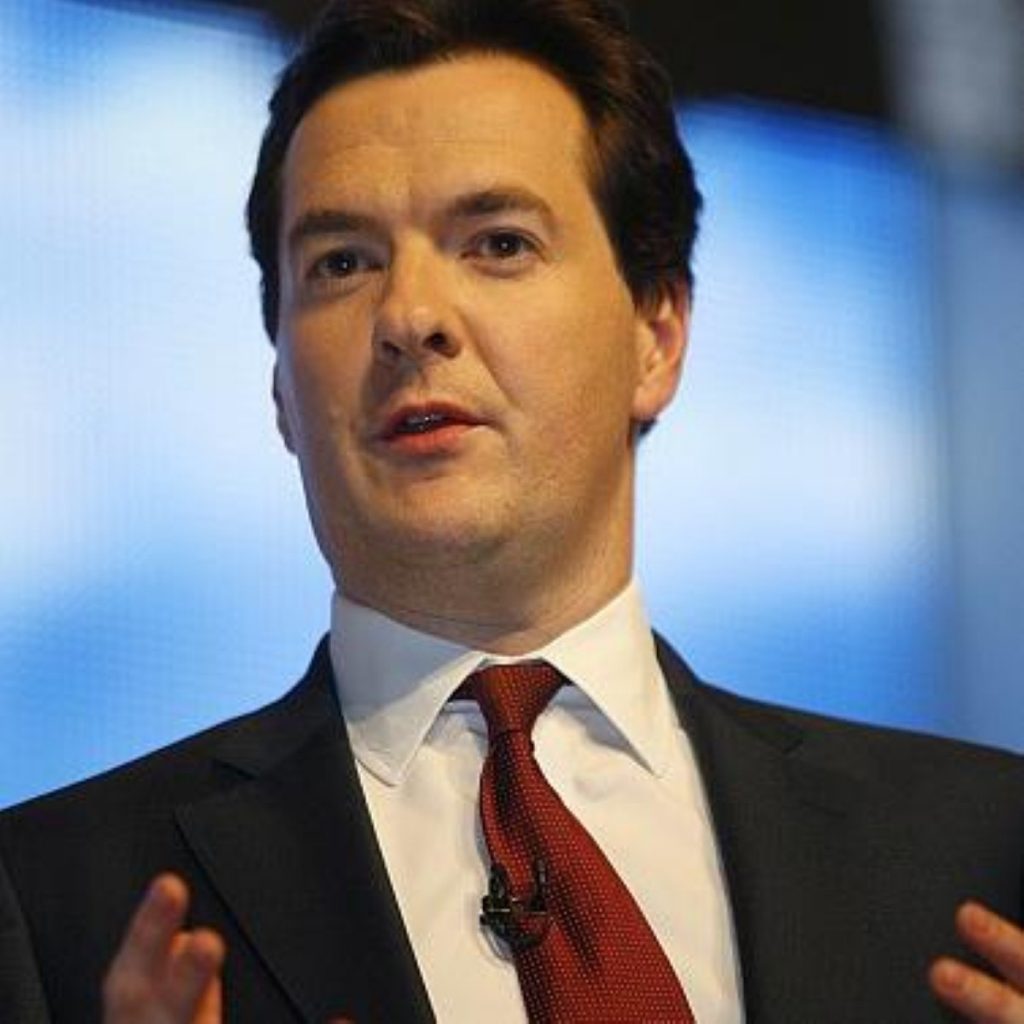Osborne denies Corfu allegations
George Osborne hads denied meeting with Russian billionaire Oleg Deripaska in order to secure donations for the Coinservatives.
The BBC is claiming a meeting took place in which the donation was discussed, either between Mr Osborn and Mr Deripaska or Mr Osborn and hedge fund manager Nathaniel Rothschild, and that the meeting was attended by several witnesses.
Mr Osborne has become the latest politician to be sucked into the controversy surrounding meetings with Russia’s richest man on a holiday in Corfu this morning.
A letter to the Times from Mr Rothschild, a mutual friend of Lord Mandelson and Mr Osborne, claims the shadow chancellor and Andrew Feldman, Tory party chief executive, visited the yacht of Mr Deripaska this summer to secure a £50,000 donation.


“We didn’t ask for the money and we didn’t receive it,” Mr Osborne said.
“The central allegation is that I solicited a donation. That is not true.”
But when faced with questions about how far the Conservative party considered trying to receive donations from Mr Deripaska, Mr Osborne consistently evaded the question.
“Political parties are offered donations by intermediaries all the time,” he said.
“What the public are entitled to know is whether we accept donations.”
Those comments are now set to come under scrutiny as never before, with the revelation that a meeting took place casting some light on Mr Osborne’s evident discomfort with more general questions.
Mr Osborne has now published a chronology of meetings between him and Mr Deripaska in a bid to quell media attention.
But the Times newspaper is also planning on publishing the various amended versions of Mr Rothschild’s letters to them this afternoon as well.
As the controversy rages on, serious questions are being raised about Mr Osborne’s judgement in even getting on the yacht, with early murmurs of a possible resignation already doing the rounds in Westminster.
According to Mr Rothschild, Mr Feldman had suggested Mr Deripaska could contribute by channelling his donation through one of his British companies – a move explicitly outlawed by the Political Parties, Elections and Referendums Act 2000.
The Conservatives say it was Mr Deripaska who offered money, although at a later date. According to their account, the Conservatives turned him down.
The allegation follows the revelation Lord Mandelson enjoyed a prolonged stay on the yacht during the same holiday.
Today’s revelations are extraordinary on several levels. Firstly, it prompts serious questions over the motives of Mr Rothschild, who has been a close friend of Mr Osborne’s since they attended Oxford University together and both joined the high-society Bullingdon club.
It also adds further layers to the political drama which played out on the Greek island over the summer.
The basic outline became evident when Lord Mandelson was recalled to government during the Cabinet reshuffle earlier this month. Mr Osborne took the opportunity to tell the media how Lord Mandelson had “dripped poison” into his ear about Gordon Brown when the two had dinner together on the island.
Their meeting was, it goes without saying, due to their mutual relationship with Mr Rothschild.
But of the two men, pressure had so far been focused on the Labour business secretary, whose presence on Mr Deripaska’s yacht during the holiday caused widespread consternation.
The concern centred around the fact Lord Mandelson – as EU trade commissioner – had signed off a decision to remove a 14.9 per cent tariff on Mr Deripaska’s aluminium company Rusal in December 2005.
Smelling a conflict of interest, journalists asked Lord Mandelson when he had first met Mr Deripaska.
According to Mr Mandelson, it was between 2006 and 2007, but the Times newspaper said two reliable sources confirmed Mr Mandelson had dinner with Mr Deripaska in late Januaury 2005.
But with Mr Rothschild’s letter, the focus has now moved onto Mr Osborne, and whether or not he toyed with the idea of trying to channel Mr Deripaska’s funds into Tory party coffers.

